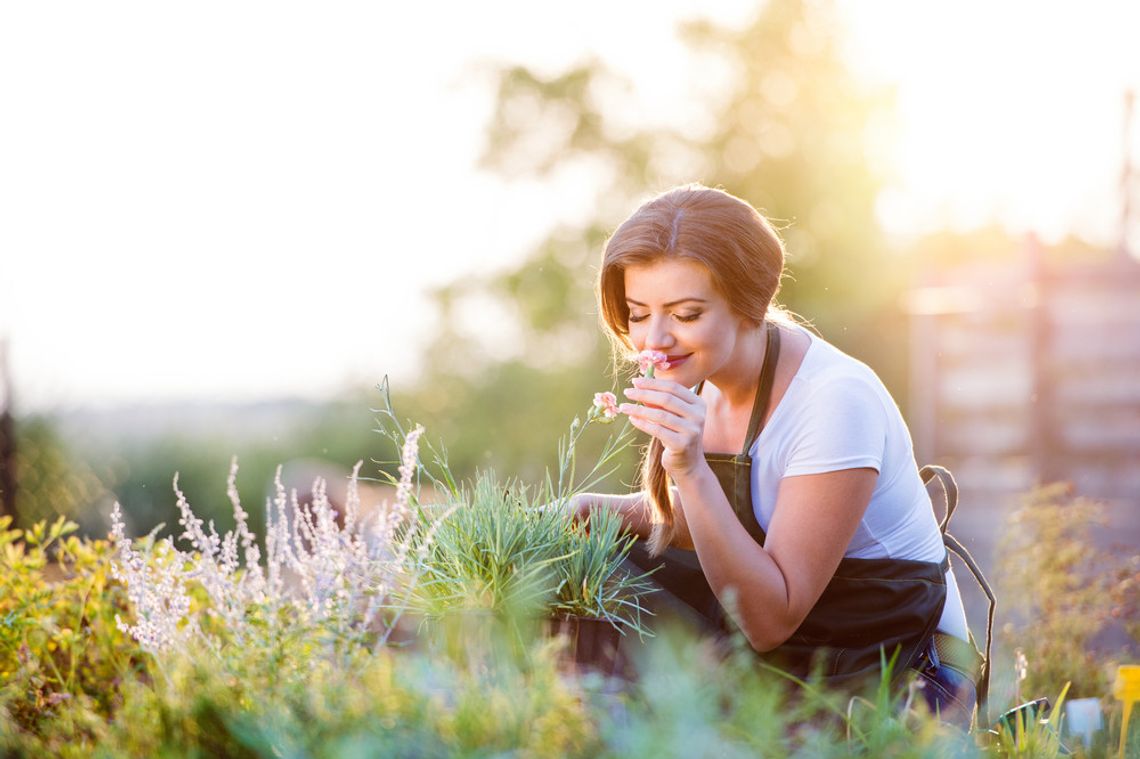Many people find it challenging to grow plants because some of them are unsafe for the pets they own. According to research, approximately 67% of U.S. homes own a pet. This has raised the need to specify plants that are safe for pets. Such plants offer the pets a lovely environment where they can play with plants without getting injured. Let’s explore the ideal plants to grow when you have pets.
Palms
The best part about these plants is that they come in different varieties, some of which can be planted in the house. Palm trees such as Bamboo, Parlor, Ponytail, and Areca are safe for pets. Some pets like to ingest plants. Therefore, you can be assured that your pet will not get any side effects from chewing these plants. However, Sago palm is unsafe and should not be planted in a home with pets. Before you buy any palm tree to grow at home, ask the experts whether it is safe for pets. You can also check different websites to determine the ideal plants to grow when you have pets. According to BISECT Hosting, approximately 1.8 billion websites operate concurrently. Therefore, you would not lack reliable information.
Boston Fern
The Boston Fer has amazing flush fronds, which cats and dogs like to chew. These plants are easy to grow and create an amazing appearance when placed in hanging baskets. These plants are easy to grow even when placed indoors because they thrive well in indirect sunlight. Therefore, you can beautify your home without worrying about your pet's safety. However, some ferns might have toxic contents, so it is best to enquire about their safety while buying.
Swedish Ivy
The trailing habit and scalloped leaves make this plant ideal for hanging baskets. These traits make it a cat's target because they like to play with the swinging leaves. Some Ivy plants are toxic to pets, but this variety is safe. It's an easy-to-care plant but ensure to consult an expert when buying. You do not want to buy an Ivy variety that would harm your pets.
African Violet
The purple flowers and glossy leaves of African violets help it stand out. These plants can thrive well in indirect sunlight but require special care. The best way to grow African violets is to place them in a shallow container because they are susceptible to overwatering. However, they need more humidity than other plants, so you should mist them with water daily. The plant is safe for all pets.
Christmas Cactus
These plants are beautiful and can add color to the house when they are blooming. The leaves are stiff and can cause mild stomach irritation if ingested by pets. The irritation only lasts a few hours. The flowers are also safe for cats and dogs to chew. It is important to know about these plants before you grow them in your garden, especially if you have pets at home.
Echeveria
Echeveria is an easy-to-care plant that can grow well indoors. The plant needs indirect sunlight, so it is better to place it on a window sill. The plant is safe when ingested by pets. However, you should not confuse it with houseleeks, a similar-looking plant grown outside and harmful when pets ingest it.
Aster
Asters come in different varieties. The Aster plants are easy to grow, and they last longer. They can be integrated into other beautiful planters to add color when they are in full bloom. The best thing about these varieties is that they are safe for pets. Dogs tend to eat flowers, but it is safe for them.
Although plants beautify the home, some might react to people and pets. According to findings, maize, cotton, soybean, and oilseed rape make up 99% of the world's GM crop area. Hence, people rarely have enough information on pet-safe plants for gardening because many people only know about common plants. Research is the key to identifying safe plants to grow.


Comment
Comments